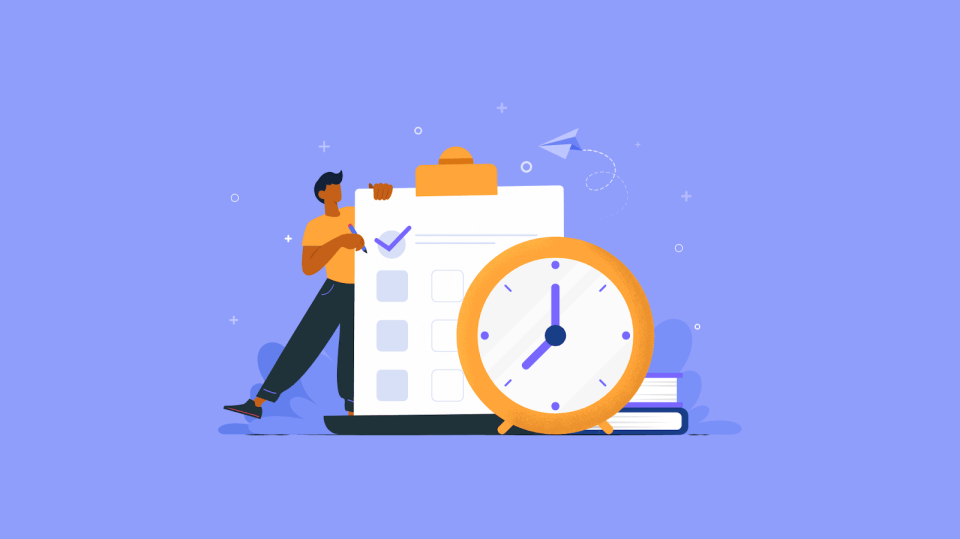Time is one of the most valuable resources we have—yet it’s surprisingly easy to lose hours each week to habits, distractions, or inefficient routines. Whether you’re trying to boost productivity, reclaim personal time, or simply reduce daily stress, understanding where your time goes is the first step. Many people turn to practical tools such as Jadco Time to support better time management, which can help achieve a real transformation in changing everyday behaviours.
Below, we explore the biggest time wasters in daily life and the strategies that genuinely make a difference.
Mindless Phone Scrolling
Smartphones are incredibly useful, yet they’re also one of the biggest modern time drains. It’s easy to unlock your phone “for a minute” and suddenly realise half an hour has passed.
How to eliminate it:
- Set app time limits or use digital wellness features.
- Charge your phone away from your desk or bed.
- Replace idle scrolling with intentional micro-breaks (stretching, stepping outside, hydration).
Constant Notifications and Interruptions
Every chime, buzz, or pop-up pulls you out of focus. Even small interruptions can derail concentration and add minutes to tasks that should take seconds.
How to fix it:
- Switch to “Do Not Disturb” during deep work periods.
- Disable non-essential notifications.
- Batch-check messages at set times instead of reacting immediately.
Multitasking
Multitasking feels productive—but the brain isn’t wired to handle multiple cognitive tasks at once. Switching between tasks increases errors and slows overall progress.
A better approach:
- Prioritise one task at a time.
- Group similar tasks together (emails, calls, admin).
- Use time-blocking to protect focused work periods.
Inefficient Morning Routines
A rushed or disorganised morning can set the tone for the entire day. Many people unknowingly waste time by making small decisions repeatedly—what to wear, what to eat, what to prioritise.
Streamline with:
- Laying out clothes the night before.
- Preparing lunches or snacks ahead of time.
- Using a simple morning checklist to reduce mental load.
Distractions at Work
Chatty colleagues, noisy environments, unnecessary meetings—workplace distractions can eat up hours of productivity each week.
Improve your workflow by:
- Wearing noise-cancelling headphones to signal focus.
- Suggesting shorter, agenda-driven meetings.
- Moving to a quieter area during deep-focus tasks.
Overthinking and Perfectionism
Spending too much time trying to perfect a task can slow you down more than you realise. Not every task requires meticulous detail.
Try this instead:
- Identify which tasks truly warrant perfection.
- Set time limits for less critical tasks.
- Focus on progress, not perfection.
Poor Task Prioritisation
Without a clear plan, it’s easy to spend your day reacting instead of intentionally working through your priorities.
To stay on track:
- Start your day by listing your top three priorities.
- Use the “urgent vs. important” method.
- Review your progress at the end of each day and adjust accordingly.
Clutter—Both Physical and Digital
Disorganised desks, messy inboxes, and overloaded file folders can slow you down and create unnecessary stress.
Declutter effectively:
- Adopt a “clean desk” rule at the end of each day.
- Unsubscribe from emails you never read.
- Organise digital folders logically so files are easy to find.
Saying “Yes” Too Often
Overcommitting is a major time waster. When your calendar is overloaded, you end up spreading yourself too thin.
Learn to protect your time by:
- Saying no politely but firmly when needed.
- Setting boundaries around your schedule.
- Delegating tasks that don’t require your expertise.
Not Taking Breaks
Ironically, skipping breaks leads to burnout, reduced focus, and slower productivity—which wastes even more time.
Build smarter breaks into your day:
- Take short pauses every 60–90 minutes.
- Do something that mentally resets you (deep breathing, a quick walk).
- Recognise that rest is a performance tool, not a luxury.
Ready to get started?
Eliminating time wasters isn’t about becoming rigid or hyper-productive—it’s about making room for the things that truly matter. By identifying your personal time traps and adopting smarter habits, you can reclaim hours each week, reduce stress, and improve your quality of life.

